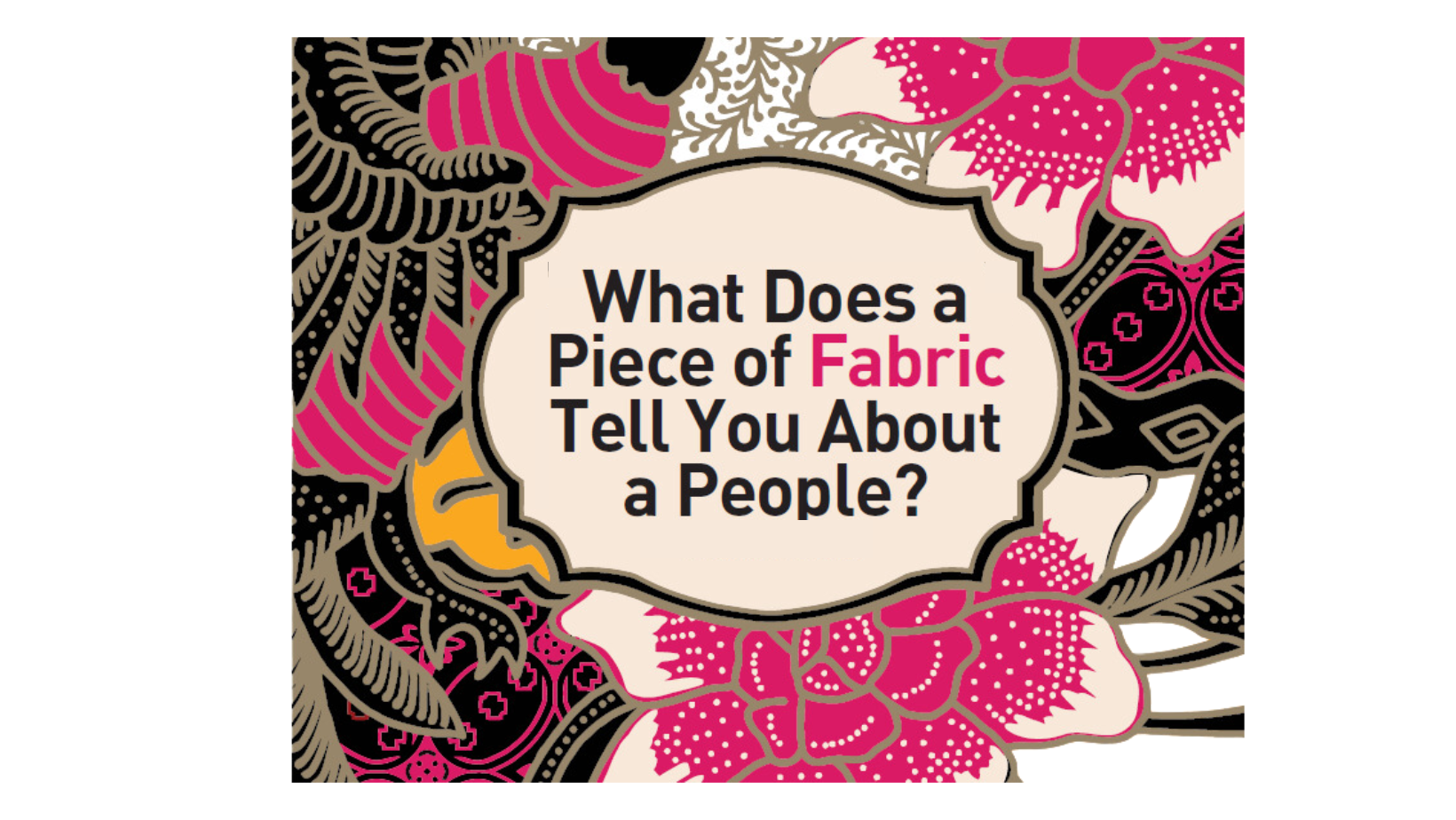In the not-so-distant past, the mere mention of Turkey conjures images of grandiose palaces, breath-taking mosques and churches and magnificent historical locations in the collective memory. Not that a similar reaction isn’t expected today, but current popular sentiments about the Eurasian country, unfortunately, has been marred by detestable events that have sullied her reputation, the extent of which cannot be ascertained.
Before the recent unfolding of these calamitous chain of events, one of the few threats to travellers is the imminent extension of waistlines due to the gastronomic local cuisines coupled with the largely unsurpassed hospitality of the Turkish people who will make sure one is well-fed. (I was duly warned by a well-meaning supervisor, to which I replied, “Too late!” and gestured to my already prosperous physique.) That was probably why my parents did not object when I told them I was travelling to Turkey on my own before meeting some friends in a neighbouring country a short flight away.

FAMILIARITY IN DIFFERENCE
There was a familiarity to Turkey that I cannot really explain. Perhaps it was because of how Istanbul’s cosmopolitan state mirrored my country’s own. Perhaps it was the city’s close proximity to the sea. Perhaps it was the food I have loved long before I first stepped on Turkish soil. Perhaps it was my country’s socio-political landscape, especially in the spheres of ethnicity and religion, which prepared me to embrace differences and challenges, whatever they may be. Whatever it was, I was not uncomfortable or frightened as a lone traveller in Turkey.
I stayed mainly in Istanbul, with the exception of a day trip to Çanakkale, a seaport city nearest to the ancient city of Troy to visit the latter’s historical location I had only read about in books and seen displayed Hollywood-style on television. The whole trip to Çanakkale lasted over 14 hours and I spent less than 2 hours in the Trojan excavation site itself. However, the history buff in me was satiated.
The small family-owned hotel I stayed at is located in the Sultanahmet area and is approximately 10 minutes away from world heritage sites like the Blue Mosque, Hagia Sophia, Topkapı Palace , the Basilica Cistern, and the Grand Bazaar, just to name a few. They were the reasons I chose to stay in the Old City, and I wanted to immerse myself in what was left of “authentic” Turkish life, even though I remained sceptical of any claims to authenticity the entire time I was there.
I crave a different life when I travel – I seek to walk in different shoes, see life through different eyes, and breathe in, hopefully, fresher air. (This is especially true during hazy months in Singapore). Walking along rows of shop houses displaying some of Turkey’s finest – handmade pottery, carpets, tantalising food – I felt transported into a different era, one that was more laid-back, refreshing and welcoming. I wondered when my country last saw such days.
Singapore is known for its fast-paced lifestyle. We have a thriving economy, high GDP per capita and globally-recognised education standards, but at what cost were all these achieved? Are our people gracious and friendly? Does our society take good care of her weaker and more vulnerable? Are we truly happy? Whatever the answers, I was grateful for the opportunity to see a different side of life in Turkey and in my other solo travels.
ENCHANTED BY BEAUTY, HUMBLED BY SIMPLICITY
Turkey captivated me. Iconic landmarks like the Blue Mosque – and no, it is not blue in colour; it is more grey than anything else – Hagia Sophia and the Topkapı Palace have been on my “To-Visit” list for a long time. They did not disappoint. I was awe-struck by many things: the beyond stunning architecture which, to date, is unsurpassed for me; religious arts so enchanting they have the ability to keep one rooted in place admiring them for a long time; extensive collections of precious pieces of artefact detailing momentous and ordinary events in human history. And this is just to name a few. Not to downplay all the incredible things I saw and experienced in Turkey, but I came to the realisation that it really was the simple things that made the most impact on me during my trip.
I probably reached that epiphany after my visit to the Prophet’s (Peace be upon him) Companions’ graves. I had chanced upon a “Sahabe Tour” organised by a travel agency when I was doing research on Turkey – I had not known before that Turkey is the final resting place of so many Companions – and I knew I had to embark on that journey. My limited knowledge about Islamic history could use a boost, and what better way to enlighten myself than to find out more about the people who served in the Prophet’s (Pbuh) way.
I happened to be the only one keen on the tour that week and so was told that only a half-day programme could be arranged for me. I accepted; I was not going to lose out on the chance to do something I really wanted to do just because no one else was interested. My guide was a 60-year old Sufi man. Together, we walked around Istanbul for some hours, stopping for tea once. The Dervish father told me stories about the lives of the holy Companions throughout our journey in his limited English which I actually had little trouble understanding.
What really surprised me about most of the tombs I visited was how simple everything about them was. I had expected to see opulence, the way tombs of great kings and figures tend to have; to see them situated in grand mausoleums guarded by soldiers. These were and still are important persons who had served the Greatest. However, some of the tombs I saw were located in the middle of unassuming streets, in small mosques in ordinary-looking neighbourhoods, and some looked just like the graves of the common person. I got to thinking, Were Istanbulites not interested in religion anymore? Did they not care about the Companions? Why aren’t all tombs and graves of the Companions “presented” or preserved in a more “befitting” fashion?
This did not happen immediately, but I later realised that Islam has always been a religion of simplicity. All complications come from us. To begin with, there is no law stating that Muslim graves must be bathed in grandeur reflecting the status of the dead. If anything at all, Islam teaches that no matter how high one’s earthly status, one’s time here is still borrowed and, eventually, one returns to God. The only things one takes along are one’s deeds. So, why does it matter that the Companions’ graves and tombs are not lavishly decorated or presented, or that they seem unknown to the common traveller and are not “marketed” as travel destinations? The Companions’ rewards are with The Almighty, not with the adoration of the public. And, for the ones that seek, God-willing, they will find the Companions.
It was also about then that I realised how it was not merely the splendour of Turkey that had made my trip so wonderful. It was also the peace I felt when I sat down, exhausted, in the park between the Blue Mosque and Hagia Sophia during ‘Asr, and the adhan from the two iconic giants echoed each other’s. It was the peck on the cheek that I got in Yeralti Camii, an underground mosque, from a random woman who had travelled over 12 hours from another part of Turkey to visit the tombs of the Companions. (I think she was touched that I had travelled even further to visit friends of the Beloved). It was the random “Hello, Malaysia. Welcome to my country” from a stranger in the streets. (My identity is always indiscernible for most people I meet when I travel – and sometimes to my own country folks – and that man’s guess was the closest to the right answer I’ve ever received). It was also the new friend from China who spent the evening with me after we caught the sunset at Galata Tower. She, too, was a solo traveller.
It was the simple things that made the journey.
At the end of the day, it is not what we have monetarily that makes us who we are. It is what we do with the time we have left that will leave an impact on another, for better or for worse. True wealth is not material but is founded in the richness of the soul. If we commit our actions to the glorification of God and to the betterment of ourselves, no task will be insurmountable. That is what beautiful Turkey has taught me. ⬛
Zaidah Rahmat graduated with a Bachelor of Arts (Hons) in English from Nanyang Technological University (NTU). She later went on to complete a Masters with special focus on Feminism in Arab Literature from the same university. She is currently a pre-university educator and an avid solo traveller.








